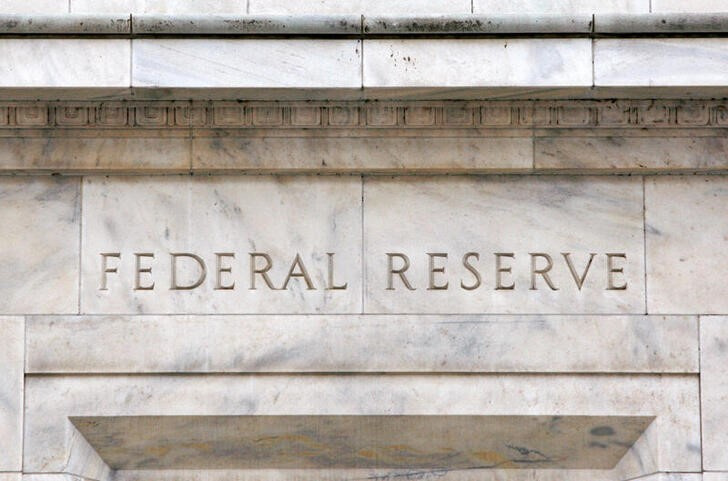Gold prices remain near record highs; Fed cut bets prompt weekly gains
Investing.com -- Tariffs may not be the biggest concern for bond markets, but they could still contribute to inflationary pressures that keep the Federal Reserve from easing policy later this year, according to BCA Research.
“The threat of Mexican and Canadian tariffs stuck around long enough on Monday morning for us to assess the market reaction,” BCA analysts wrote.
They noted that the response was a drop in long-term bond yields and an increase in short-term yields, with inflation expectations edging higher.
“This is a logical market reaction,” BCA noted. They explained that while tariffs could push the Fed toward a more hawkish stance in the near term, they also risk dragging down medium-term economic growth.
“We anticipate more tariff announcements in the months ahead but view them as more of a bullish catalyst for bonds than a bearish one.”
However, BCA Research argues that the bigger issue for bond markets and monetary policy is fiscal policy.
“The budget is the main bond-bearish political risk for 2025, and it still looms,” the note stated. Large, unfunded tax cuts could drive inflation expectations higher, forcing investors to demand higher yields on long-term bonds.
BCA believes that if inflationary pressures persist due to tariffs and fiscal expansion, the Federal Reserve could be forced to hold rates higher for longer. “Large unfunded tax cuts would boost both inflation expectations and bond term premia, sending yields higher,” BCA wrote.
While markets are still pricing in multiple rate cuts this year, analysts at BCA suggest that the combination of trade and fiscal policies could delay or reduce the scope of Fed easing, creating further uncertainty for investors.
